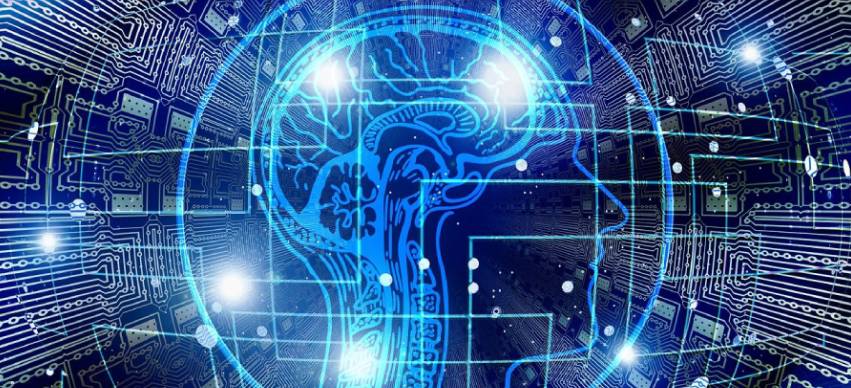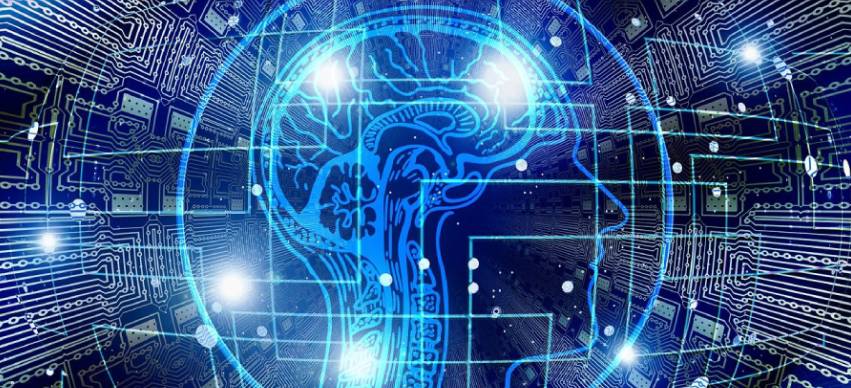How Communities Are Changing the Way We Think About Aging in..
8 Min Read


In recent years, the rise of artificial intelligence (AI) has revolutionized various industries, including mental health care. AI-powered tools have the potential to improve access to mental health services, reduce costs, and enhance treatment outcomes.
However, as these technologies become more prevalent, concerns about algorithmic bias and its impact on disparities in treatment access have come to the forefront.
In this article, we will explore the issue of bias in AI mental health tools and discuss how it could exacerbate existing inequalities in mental health care.
AI has shown great promise in transforming mental health care by offering several benefits, such as:
Despite these potential advantages, the issue of bias in AI mental health tools cannot be overlooked.
Algorithmic bias occurs when an AI system produces results that are systematically prejudiced due to erroneous assumptions in the machine learning process. This bias can stem from various sources, including:
Several instances of algorithmic bias in various domains have been documented, highlighting the pervasiveness of this issue:
Healthcare - An AI system used to predict healthcare needs was found to significantly underestimate the needs of Black patients compared to white patients with similar health profiles. [1]
Criminal Justice - Risk assessment algorithms used in the criminal justice system have been shown to exhibit racial biases, often assigning higher risk scores to Black defendants than white defendants with similar criminal histories. [2]
These examples underscore the need for vigilance in identifying and addressing algorithmic bias in AI mental health tools.
Algorithmic bias in AI mental health tools can have severe consequences for already marginalized communities. Some of the ways in which bias can worsen disparities in treatment access include:
1. Misdiagnosis and Inappropriate Treatment
Biased AI algorithms may lead to misdiagnosis or the recommendation of inappropriate treatments for certain groups. For instance, if an AI tool is trained on data that primarily represents the experiences of white, middle-class individuals, it may not accurately capture the unique mental health needs of marginalized communities.
2. Reinforcing Stigma and Stereotypes
AI systems that learn from biased data can reinforce harmful stereotypes and stigmas associated with mental health conditions. This can further discourage individuals from seeking help and perpetuate the marginalization of already underserved populations.
3. Exacerbating Existing Inequalities
Algorithmic bias can amplify existing inequalities in mental health care access. If AI tools prioritize the needs of privileged groups while underestimating the needs of marginalized communities, it can widen the gap in treatment access and outcomes.
To mitigate the impact of algorithmic bias on mental health disparities, several steps can be taken:
1. Diverse and representative data: Ensuring that the data used to train AI algorithms is diverse and representative of the target population is crucial in reducing bias.
2. Inclusive development teams: Fostering diversity within the teams developing AI mental health tools can help identify and address potential biases early in the development process.
3. Algorithmic audits: Regular audits of AI systems can help detect and correct biases before they have a significant impact on mental health care delivery.
4. Collaboration with mental health experts: Partnering with mental health professionals, particularly those with expertise in serving marginalized communities, can provide valuable insights into the unique needs and challenges faced by these groups.
As AI continues to shape the future of mental health care, it is imperative that we remain vigilant in identifying and addressing algorithmic bias. By taking proactive steps to ensure the equitable development and deployment of AI mental health tools, we can harness the power of these technologies to bridge gaps in treatment access and improve mental health outcomes for all.
However, the journey towards unbiased AI in mental health care is not without challenges. It requires a collective effort from researchers, developers, mental health professionals, and policymakers to create a framework that prioritizes fairness, transparency, and accountability.
“As someone who has witnessed the devastating impact of mental health disparities firsthand, I believe that we have a moral obligation to ensure that AI mental health tools do not perpetuate or worsen these inequalities. By working together to address algorithmic bias, we can create a future in which everyone, regardless of their background, has access to the mental health support they need and deserve.”
In conclusion, the issue of bias in AI mental health tools is a complex and pressing concern that demands our attention. As we navigate the ethical implications of these technologies, we must ask ourselves: How can we leverage the power of AI to promote mental health equity and ensure that no one is left behind?